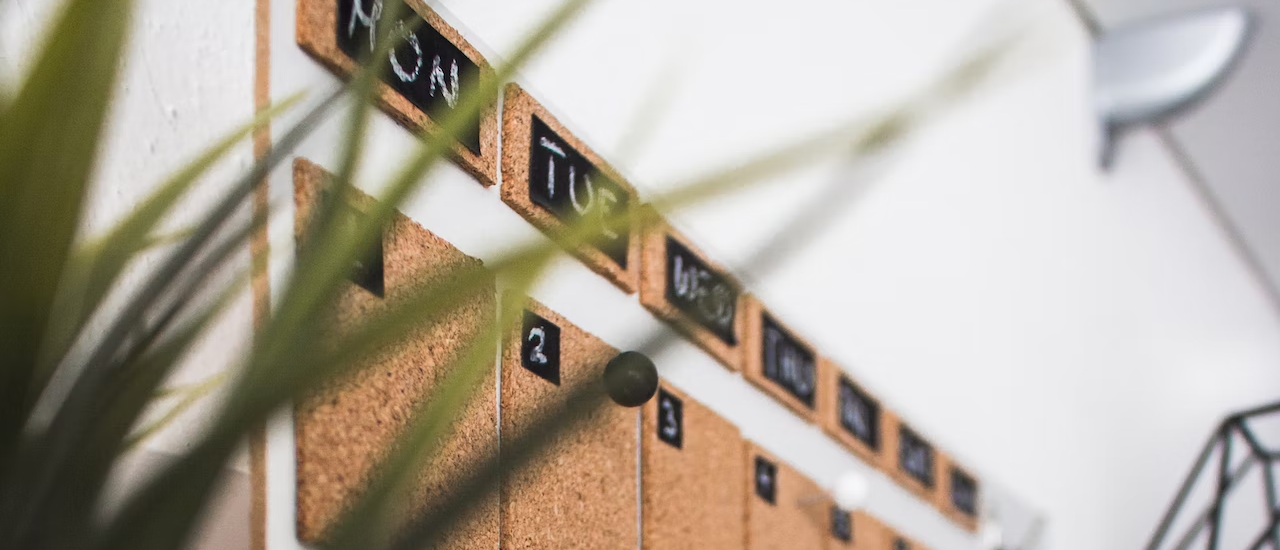Media literacy: everyday digital skills
There’s rarely a moment that we’re not online in some way.
It might be scrolling on the phone while having lunch, streaming the radio while hanging the washing, or checking the group chat while queuing at the supermarket checkout. It’s a basic, everyday part of life.
Making sure your family is switched on when it comes to their online media literacy skills and habits is more important than ever.
What is media literacy?
Media literacy covers many of the knowledge, skills and behaviours that we need to navigate the online world.
It can help us to:
- access and critically evaluate online content and spaces
- protect data and personal information
- participate positively and responsibly
- identify and respond to negative content and behaviour
Developing your skills and knowledge can help improve your family’s everyday life.
Why is media literacy important?
Having good media literacy can help your family:
- know what to trust
- protect your privacy
- save money and time
- improve your health and wellbeing
- learn and create opportunities
- have your say
It may sound like a lot. However improving media literacy can be done in small, simple steps.
Good media literacy habits
By picking up new digital habits, and understanding why these habits matter, everyone can improve their media literacy. If you maintain these habits, they can become instinctive, so you don’t need to think about them.
Across five focus areas, we’ll give you some ideas about where you and your family can start.
Content – and how to be critical of what you see and hear
Data – and how to protect your privacy online
Environments – and how to be wary of the places you go online
Consequences – and how to understand the impacts of your actions online

